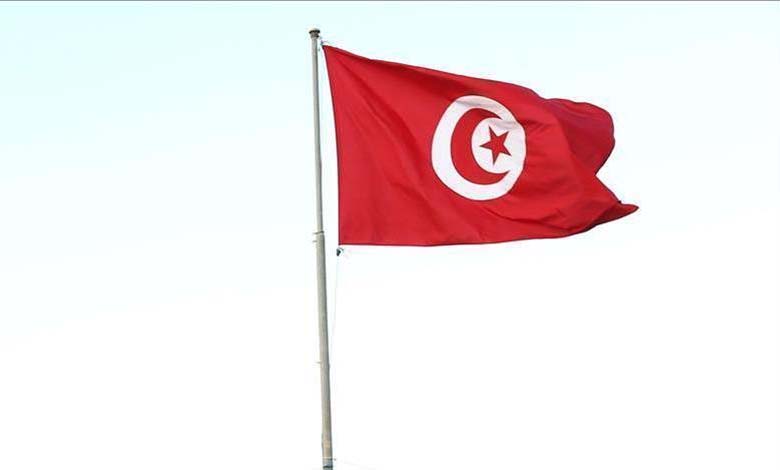Tunisia criticizes European official’s ‘exaggerated’ statements

The Tunisian Foreign Ministry said Tuesday that statements by European Union foreign policy chief Josep Borrell expressing the bloc’s fears of the collapse of the situation in Tunisia are “exaggerated,” while President Kais Saied on Monday renewed his country’s rejection of any foreign interference in its affairs amid mounting international criticism of the detention campaign launched by the authorities since last month in cases related to conspiracy against state security and corruption, as the opposition considers it a use of the judiciary to settle scores with political opponents.
“The statements are exaggerated, both in light of the steadfast steadfastness of the Tunisian people throughout their history and with regard to the threat of migration to Europe from the south,” the ministry said in a statement, noting that “these selective remarks continue to ignore any responsibility for the situation prevailing in Tunisia, especially from 2011 until July 25, 2021”
The bloc is concerned about the deterioration of the political and economic situation in Tunisia and fears its collapse, said EU foreign ministers meeting in Brussels on Monday, warning that “the situation in Tunisia is very dangerous.”
“If Tunisia collapses, it risks spilling migrants into the EU and causing instability in the MENA region. We want to avoid this situation,” he said, adding that the bloc “cannot help a country that is unable to sign an agreement with the IMF.”
“President Kais Saied must sign an agreement with the IMF and implement it, otherwise the situation will be very dangerous for Tunisia,” he said.
On Tuesday, Italian Prime Minister Giorgia Meloni said that Rome was making every effort to overcome the obstacles blocking an IMF loan to Tunisia.
“Italy is doing everything it can to try to break the deadlock that threatens to dramatically worsen the situation,” Miloni said in the Senate.
Foreign Minister Antonio Taiani said earlier that Rome wanted the IMF to release a $1.9 billion loan to Tunisia, fearing that a lack of funding could destabilize the country and trigger a new wave of migrants to Europe.
During a visit to Kairouan on Monday to celebrate Independence Day, Saeed said his country “refuses to interfere in its internal affairs because it is not under mandate or guardianship.” He added, “We will protect our national sovereignty and we reject anyone who interferes in our affairs again because we are not under mandate or under any kind of guardianship
“Our sovereignty will not be wasted for anyone, and many of their freedoms will be spent in prison in order for Tunisia to be free and independent,” he said. “Tunisia is witnessing a national war of liberation against corruption to strike the corrupt, who have no patriotism, without pause and no return.”
“I say to all Tunisians that we will not compromise our sovereignty and dignity, that we will work to achieve the demands of our people, and that we will continue the war against the corrupt and conspirators,” he added.
These statements come days after a statement issued by the European Parliament in which it expressed “deep concern over the authoritarian turn of President Saied and his exploitation of the bad social and economic situation in Tunisia to reverse the course of the historical democratic transition in the country.” It urged the Tunisian authorities to release all “those arbitrarily detained and to respect freedom of expression,” calling for an end to what it described as “the ongoing campaign against civil society in the country.”
Since February 11th, Tunisian authorities have carried out a campaign of arrests of politicians, judges, journalists, businessmen, lawyers, activists and former ministers. Saied accused some of the detainees of “conspiring against state security, and being behind crises related to the distribution of goods and high prices”.
The Tunisian president insists on the independence of the judiciary and fair trials, but the opposition accuses him of using the judiciary to prosecute opponents of extraordinary measures introduced on July 25, 2021, which led to a severe political crisis.
Last week, a Tunisian court sentenced 16 trade unionists, including Wajih al-Zaidi, secretary-general of the Tunisian General Labor Union’s Transport University, to four months in prison for obstructing work and breaking into an office.
The parliamentary bloc “Let the People Triumph” had called on the parliament to hold an emergency session in response to the statement of the European Union, noting that it “contained fallacies,” calling for the defense of Tunisia’s sovereignty and freedom of decision, considering that “the battle of sovereignty is the essence of battles of national liberation and the essence of democratic and social struggle.”












